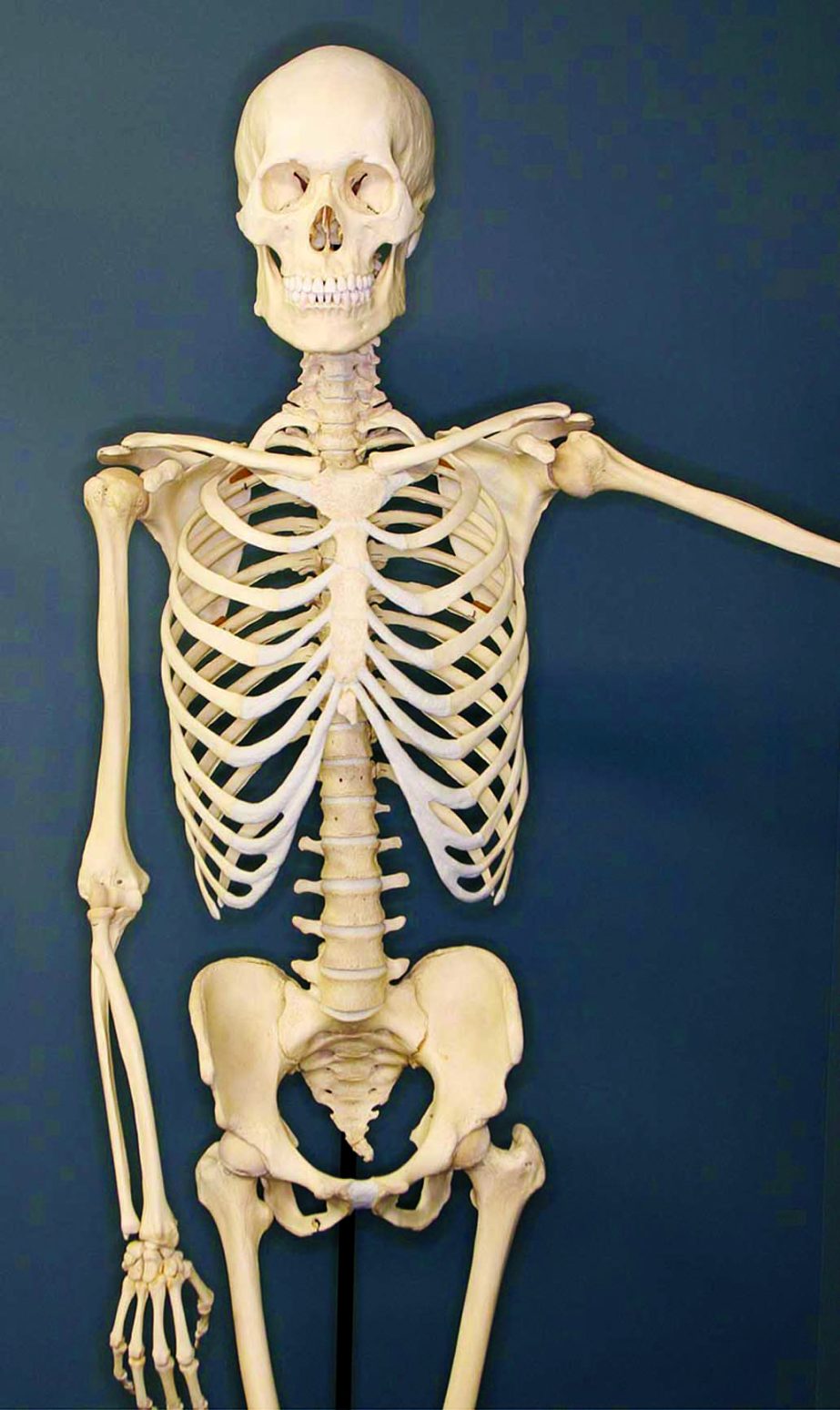
Md Joynal Abedin Khan :
Underground business on human skeleton is booming across the country with the alleged involvement of a few students of medical colleges, some sweepers of hospital morgues, owners of several private hospitals and some unscrupulous members of law enforcing agencies, police and hospital sources said.
They added many syndicates in collusion with them are now passing their busy time to run this clandestine trading of human skeletons as the demand of the ‘commodities’ are on rise for the students of medical colleges in the country.
Around 4,000 pieces of human skeletons are needed for the students of the medical and dental colleges, while more than 5,000 pieces of the commodities are smuggled to India for use of different purposes, the sources said.
They said, people involved buy a body at Tk 20,000 and sell each of the human skeletons around Tk 50,000 after processing of the body.
The syndicate members earn around Tk 30 crore by conducting this illegal business at home and abroad per year, the sources added.
According to official data, there are 3,389 students get admission in 23 government medical and ten dental colleges, while 4,075 students get admission in 55 private medical and 12 dental colleges every year. About 50 per cent students may able to collect human skeletons from the senior students. But, the rest of the students are to collect skeletons from illegal channels.
Each of the first year students has to buy a human skeleton from the syndicate by paying around Tk 50,000, it said.
Detective sources said, skeletons and human bones are also dug up from burial grounds in different cities and districts. Then the skeletons cleaned, packed in cardboard boxes or jute bags before being carried to the destination, they said.
The law enforcing agencies have arrested many people and recovered hundreds of human skeletons from their possession in the city and different other parts of the country in the last three years, they added.
On November 5, police recovered at least 38 human skulls and some bones from a flat in capital’s Kafrul area and arrested Kamruzzaman Ronny, the tenant of the flat, in this connection.
Ronny rented the flat a month ago introducing himself as the owner of a chemical factory in Old Dhaka and a physician at Mitford Hospital, police said, quoting landlord Elias Saifullah.
Masud Ahmed, Deputy Commissioner of Dhaka Metropolitan Police (Mirpur Division), said “The parts of human skeletons stored in several cartons were seized from Kafrul and arrested Ronny. He (Ronny) told police that he sells human skeletons to medical students.”
Earlier in June last year, 13 bodies were stolen from the city’s Jurain graveyard.
At least seven bodies were also stolen from a graveyard at Gaqulnagar village in Ashulia in May this year. A general dairy was filed with Ashulia Police Station in this connection.
In Gazipur, at least 23 bodies were stolen from a graveyard in Gazaria of Gazipur district in June this year.
In Faridpur, 12 bodies were stolen from a graveyard at Nagarkanda upazila in the district on June 12 last year.
In Sherpur, some miscreants also stole five bodies from a graveyard in the district in April.
Rapid Action Battalion arrested two human skeleton traffickers in Sylhet in February. The arrested were identified as Bellal Hossain, 40, and Hira Miah, 21, both employees of Histology Department of Sylhet Osmani Medical College Hospital.
Keya Akhter, student of Rangpur Medical College, said, “Many students of the medical college are involved in skeleton business. They have a strong syndicate on the college campus and outside the campus.”
She said each of the students generally has to pay Tk 25,000 for a half set of human skeleton and Tk 50,000 for full set of the bone.
When contacted, Professor Shamim Ara, Chairman of Anatomy Department of Dhaka Medical College, told The New Nation on Thursday, “Our students get almost all skeletons donated by some people and institutions. Even they write their names on skeletons. Some of them also collect these from the senior students.”

